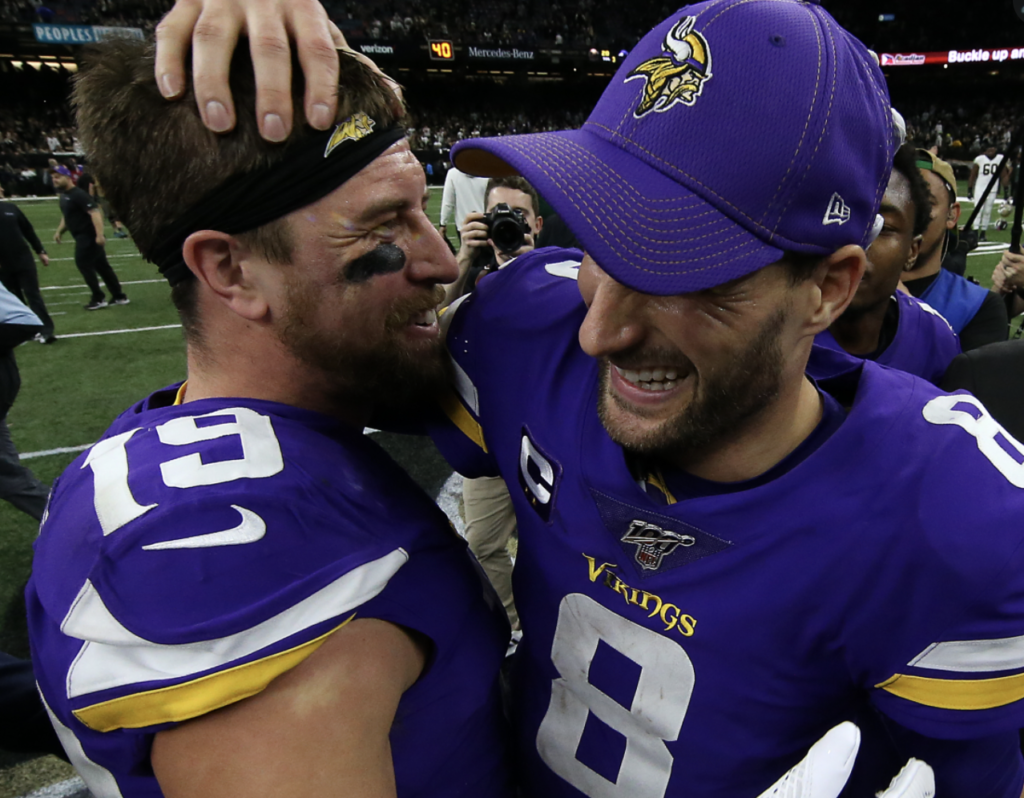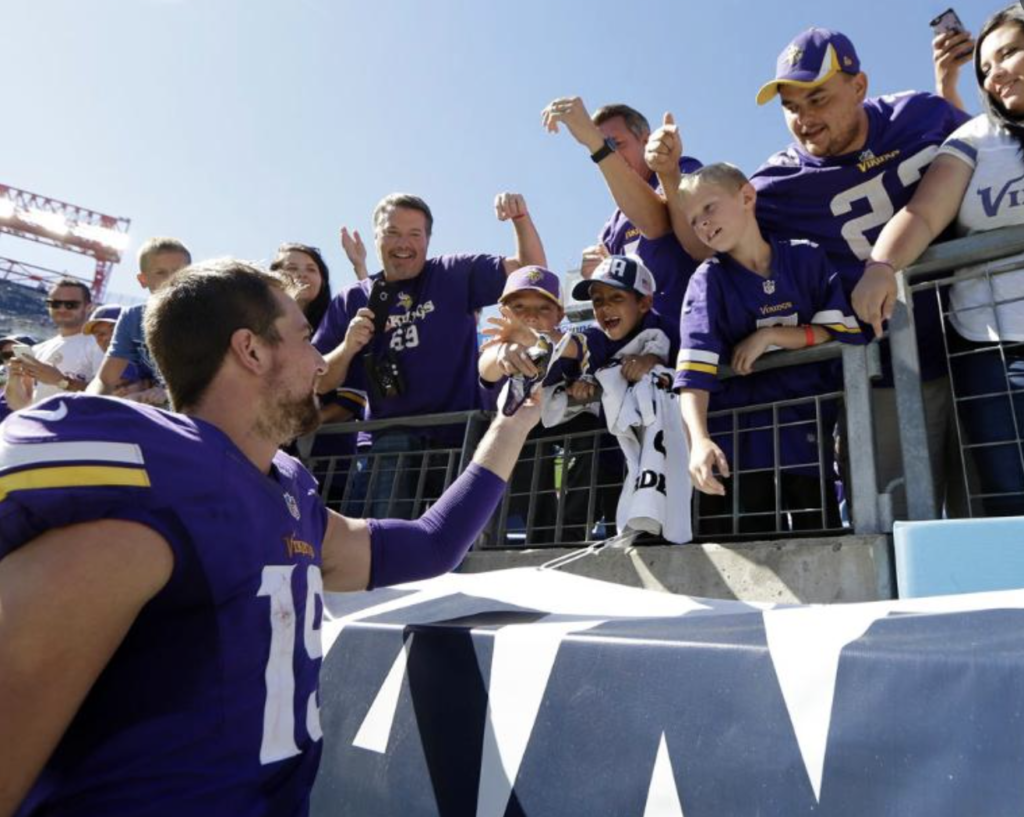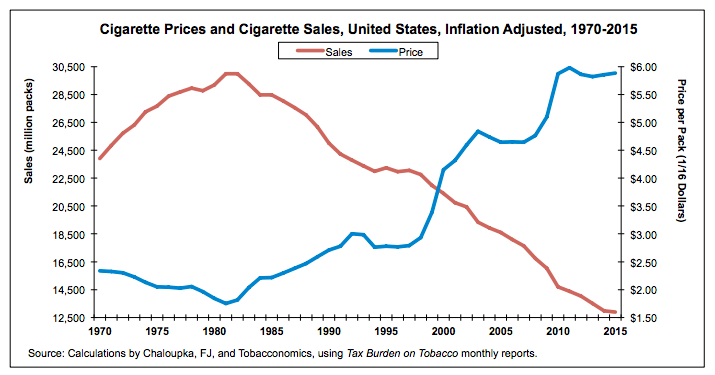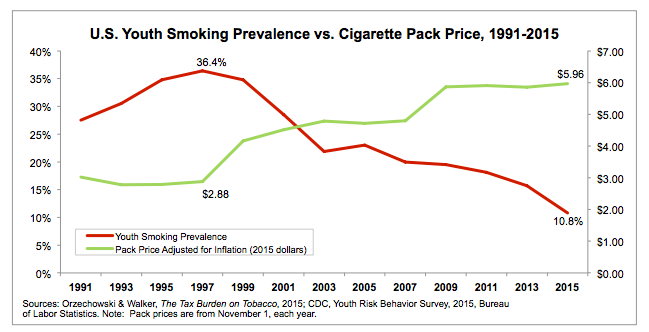Two of the things that are most celebrated about our elite athlete heroes are “always puts team first” and “always respects the fans.” How often have we heard such gushing clichés in sports journalism and chatter? It seems nothing is more celebrated and revered than proving loyalty to fans and team.
Yet when it comes to COVID-19 vaccinations, a small but significant group of NFL players are refusing to say whether they’re vaccinated, which presumably means that most of them are not vaccinated.
Three of the most important members of the Minnesota Vikings fall into that category — quarterback Kirk Cousins, wide receiver Adam Thielen, and safety Harrison Smith. These are not just any players. This is the Vikings’ highest paid player, their beloved over-achieving homie, and their longest serving player who has been selected for five Pro Bowls.
Last September, when asked about COVID-19, Cousins was cavalier about a disease that has killed an estimated 3 million people worldwide. Here is what Cousins told podcaster Kyle Brandt, when Brandt asked an impressively difficult to evade question: “On a spectrum of one – masks are stupid and you’re all a bunch of lemmings – and ten is ‘I’m not leaving my master bathroom for the next 10 years. Where do you land?”
“I’m not going to call anybody stupid for the trouble it could get me in,” Cousins responded. “But I’m about a .0001.”
In the local sports news coverage and talk I’m consuming, I’m mostly hearing defense of athletes making the decision to forgo getting vaccinations, which have proven remarkably safe and effective after over 3 billion doses worldwide. I’m paraphrasing, but I’m hearing a lot of this kind of thing from fans, analysts, and journalists about unvaccinated NFL players, even from people who have vaccinated themselves:
“It’s their body, so how dare anyone question their personal decision!”
“They’re young and in prime condition, so I competely understand why they wouldn’t bother.”
“How can the NFL suits punish them for their personal or religious decision?”
Explanatory Note: The alleged “punishment” is that the NFL has some pretty basic public health restrictions for unvaccinated players. As I understand them, they can’t eat with the rest of the vaccinated team, don’t have as much freedom to be in crowds when traveling, need to wear masks in many situations, and can be fined for violating the public health protocols. Quite responsibly, the NFL is trying to limit spread from these unvaccinated players, but many players and fans view this as punishment.
Team First?
But hold on, what about that all-important “always puts team first” standard that we constantly spotlight when it comes to our pedestaled athletes?
To be clear, putting yourself at risk of getting sick or quarantined means putting yourself at risk of not being there for your team. Would we be forgiving if an athlete insisted on engaging in other types o risky behaviors that threatens their ability to be present for their teammates at practices or game day, such as bull-riding, motor cross racing, free solo climbing, or chronic binge-drinking?
And remember, this is an infectious disease that often spreads asymptomatically, unbeknownst to the spreader. So when tough talkin’ Kirk “If I Die, I Die” Cousins risks infection, remember that means that he also is selfishly putting unvaccinated teammates at significant risk. If any of those players miss a game or games, or get harmed, it will very likely hurt their team. If all three of them miss games, the problem for the team could quickly become catastrophic.
So much for “team first.”

Respecting The Fans?
And then what about that “always respects the fans” standard. Even if the athlete is ignorant enough to feel safe being unvaccinated, what about the tens of thousands of adoring fans per week with whom they are sharing the buildings? You know, the elated fans, many with their risk-regulating amygdala pickled, desperate to get as close to them as possible? You know, the people who make your extravagant salary and lifestyle possible? Is knowingly putting them at risk of being maimed or killed by the deadliest virus in a century really “respecting the fans?”

“Yeah, but players shouldn’t be forced to be vaccinated,” say the athlete worshipping journalists, analysts, and fans. I hear this one a lot. That goes without saying. It’s a “straw man,” an extreme argument that virtually no one is making, but is trotted out because it’s easy and popular to knock down.
But I’m not talking about mandating vaccinations, and neither is anybody at the NFL or Centers for Disease Control (CDC). I’m just talking about doing the right thing for yourself, your loved ones, your community, your team, and your fans.
I don’t care how well they play this year, I don’t want to hear any more of the cliches about these unvaccinated athletes always putting their team and fans first. Because right now, we’re seeing what they’re really made of. Their selfish actions are speaking much more loudly than their sports cliché words.


